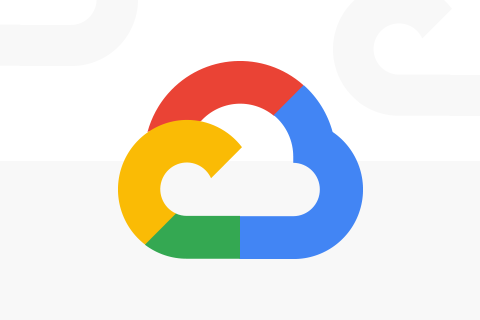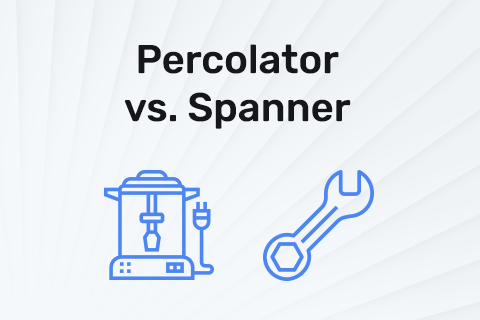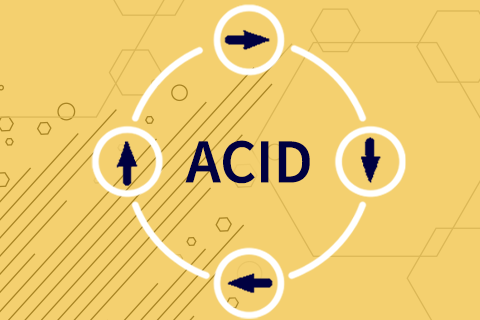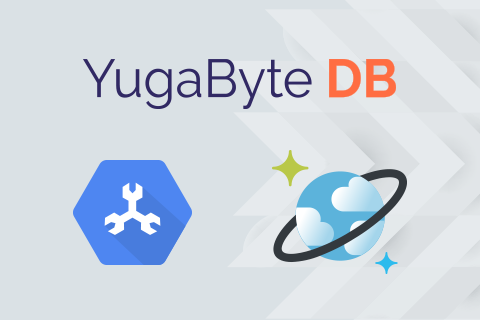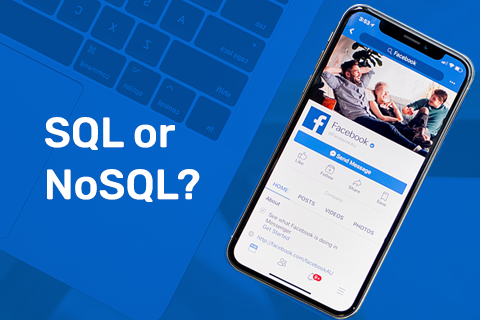New to Google Cloud Databases? 5 Areas of Confusion That You Better Be Aware of
After billions of dollars in capital expenditure and reference customers in every major vertical, Google Cloud Platform has finally emerged as a credible competitor to Amazon Web Services and Microsoft Azure when it comes to enterprise-ready cloud infrastructure. While Google Cloud’s compute and storage offerings are easier to understand, making sense of its various managed database offerings is not for the faint-hearted. This post introduces app developers to the major Google Cloud database services,
…
